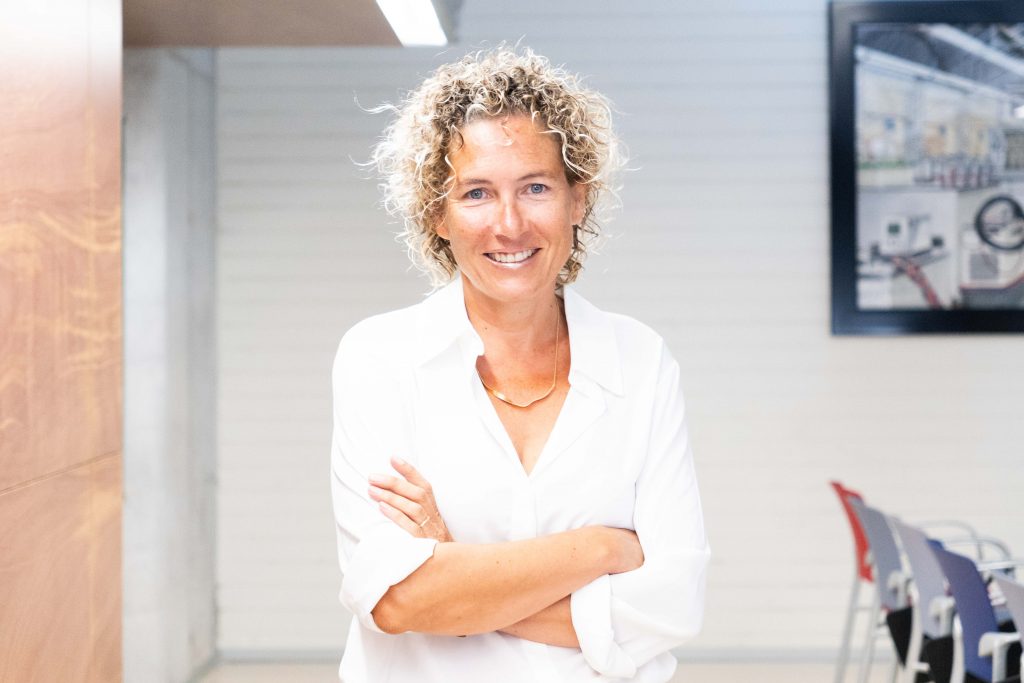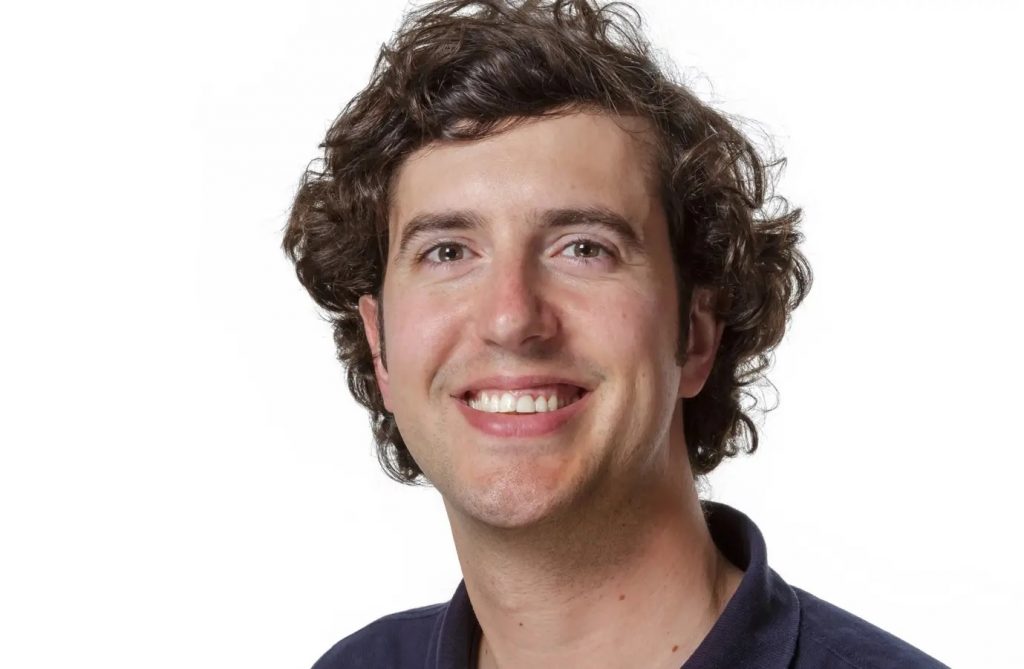The Executive will contribute a total of 5.5 million euros over four years, practically twice as much as in the previous agreement
The Government has approved the new Contract with the Fundació Institució dels Centres de Recerca de Catalunya (Institució CERCA), through the ministries of Research and Universities, Health, Business and Labour, and Climate Action, Food and Rural Agenda, for the period 2024-2027.
The Executive will allocate a total of 5,552,298.32 euros to this agreement in order to guarantee the achievement of the objectives and purposes of the Foundation in its function of providing support to the CERCA research centres. This contribution represents a significant increase that practically doubles that of the previous contract for the period 2020-2023, which amounted to 2,316,000 euros.
The main contribution to the CERCA Foundation’s budget is made by the Ministry of Research and Universities, with a total of 4,456,298.23 euros. This is followed by the Ministry of Health (496,000 euros), Climate Action, Food and Rural Agenda Ministry, and Business and Labour with 300,000 euros each.
The objectives of the agreement are structured around five major focus, with indicators for each block that will allow the degree of achievement to be determined annually. These five sections correspond to the organizational, administrative and economic axis; of internationalization; of transfer; promotion and visibility, and evaluation and impact.
The new contract for the period 2024-2027 also foresees the creation of a monitoring commission in order to ensure its correct development. This commission, which will be chaired by the Director General of Research, will analyse the actions of the CERCA Institution after each financial year and will evaluate the degree of fulfilment of the set objectives.













